EHRI Keeps on Evolving: A Look Back on 2023 and Our Ambitious Plans for 2024
Dear readers,
2023 turned out to be a busy, at times challenging, but ultimately successful year for EHRI. Thanks to the continued dedication and hard work of the whole consortium, we reached several important milestones.
The good progress is all the more remarkable given that the consortium had to operate in difficult circumstances. The Hamas-led attack on Israel on October 7 and the subsequent war in Gaza have been difficult to absorb. They have had and continue to have, a devastating impact on the lives of colleagues working in Israel. Our Ukrainian partner – the Centre for Urban History in Lviv – still finds itself in a situation of war launched by Russia’s armed forces. Yet the Israeli and Ukrainian role in EHRI has not lessened. May the resilience and resourcefulness of all EHRI colleagues who are directly affected by war and conflict, and their continued dedication to EHRI, inspire us all.
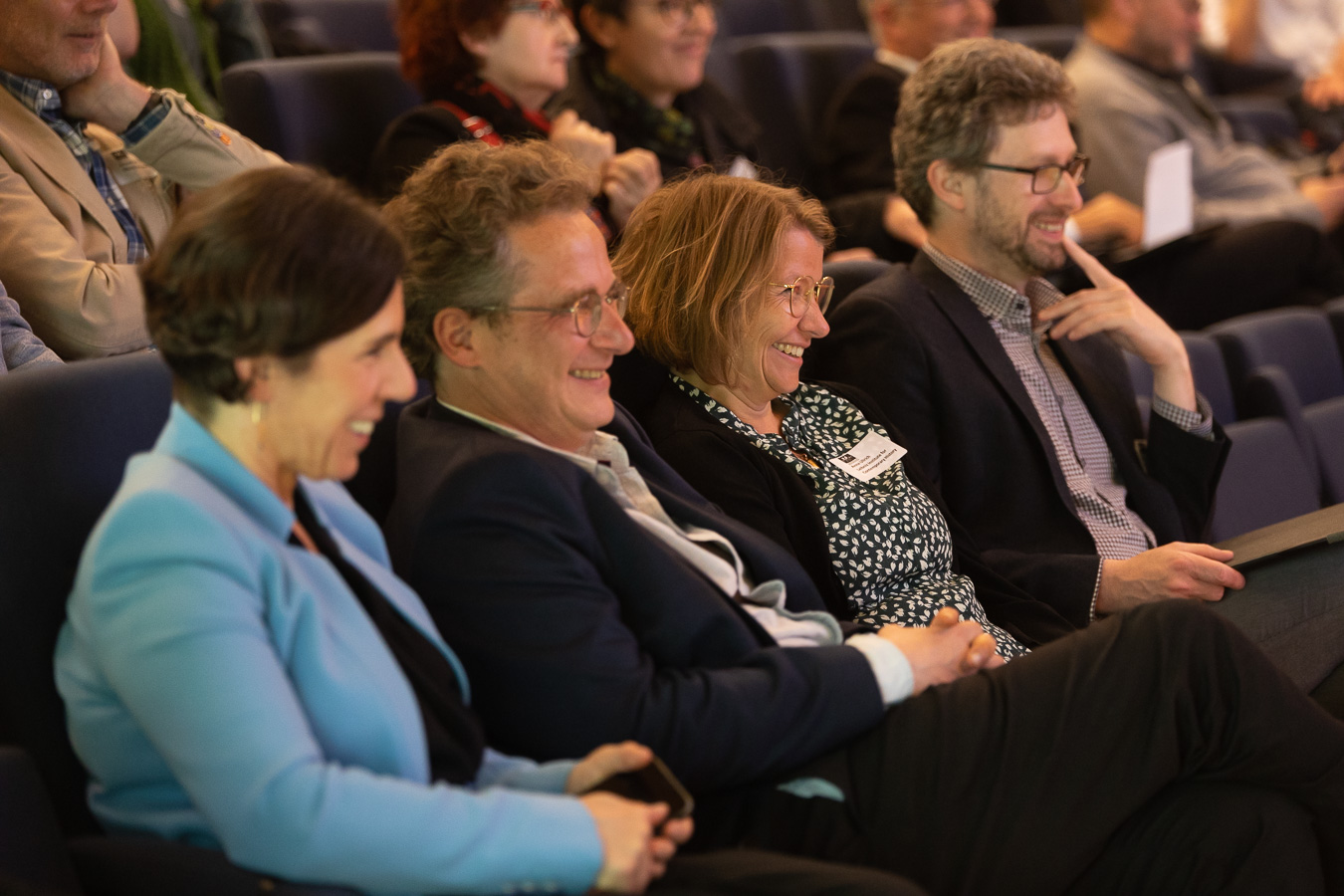
Towards a Permanent EHRI Organisation
In May 2023, we successfully concluded the EHRI Preparatory Phase. This project has been crucial to ensure our infrastructure’s long-term sustainability, by paving the way towards establishing EHRI as an independent, permanent European organisation, in the form of an ERIC – an “European Research Infrastructure Consortium”. The energy and effort invested into EHRI-PP has paid off: when in July 2023, the Netherlands Ministry of Education, Culture and Science submitted the application to establish EHRI as an ERIC to the EC, it did so on behalf of as many as eleven founding member countries.
It usually takes at least 18 months for an ERIC to be established after application submission, and clearly there is still much work to be done. Fortunately, we have attracted further European funding to facilitate this work. Indeed, a Horizon Europe application for an Implementation Phase (EHRI-IP) has been successful, and we are looking forward to launching this phase in February.
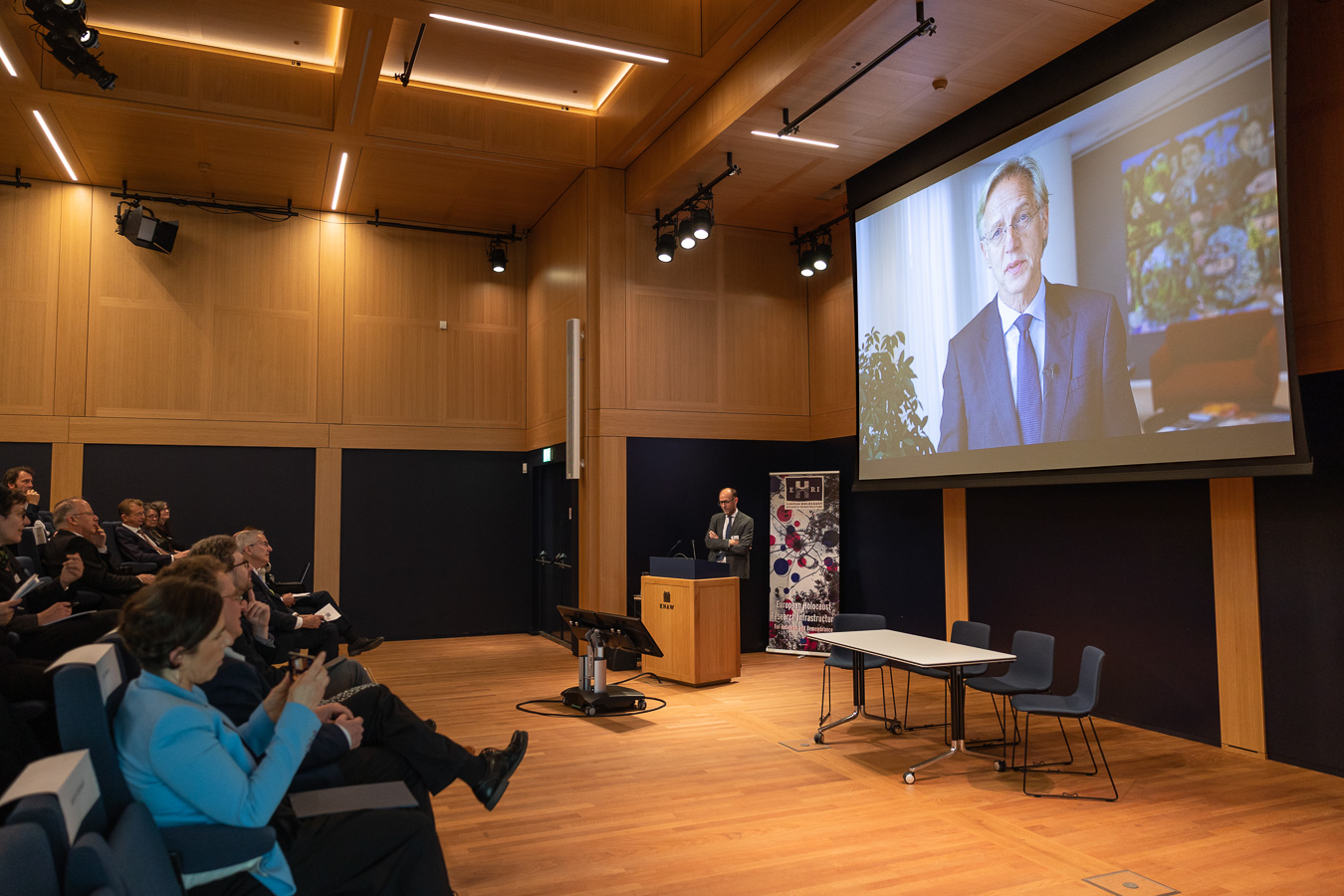
Towards a Permanent EHRI Organisation
While EHRI-PP and now EHRI-IP are geared towards matters of organisation and sustainability, the EHRI-3 project has continued the integration, research and development work which we begun all the way back in 2010. We made great strides towards reaching its aims over the past year. Our website remains an often consulted resource, and all of EHRI’s online resources have seen consistently upward trends in usage. The EHRI Portal, our flagship, attracted the largest numbers of users and witnessed the most growth. The number of integrated collections there has grown significantly.
Our new EHRI Geospatial Repository provides access to data about historical borders, ghettos and concentration camps; and the EHRI Dashboard – enabling unified exploration of EHRI data spread across a number of services – shall soon be released.
The new EHRI Webinar series discussing projects and issues related to Holocaust documentation and research has attracted diverse audiences. We specifically engaged the Holocaust research community in and from Ukraine, in particular through the EHRI Document Blog, which is now sometimes even appearing in both English and Ukrainian. We have extended existing as well as developed new cooperative agreements, for instance in the field of Holocaust education.
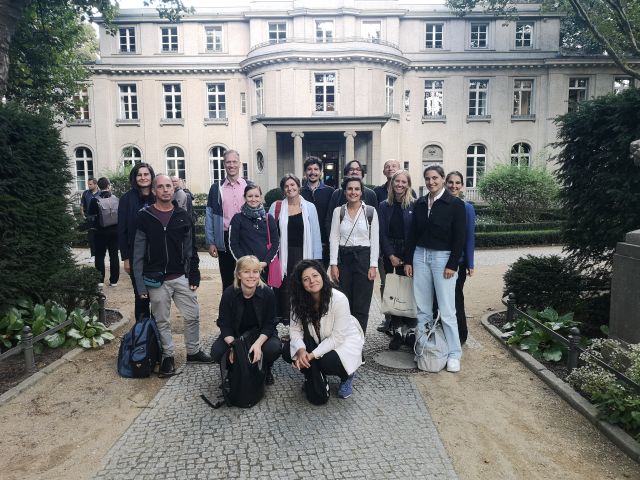
Modern Diplomatics of the Holocaust
There were a rapidly growing number of workshops and other in-person events, with good outcomes and positive feedback. The number of applications to EHRI Seminars, coming from Europe and beyond, has been two to three times higher than their capacity. The Conny Kristel Fellowship Programme has been implemented to the fullest possible extent. We expanded our engagement with micro-archival communities, and created networks of historians, archivists, reference librarians, photo experts, technologies, and digital humanities researchers.
We have ambitious plans for 2024 which will be a year of important activities and fundamental transition.
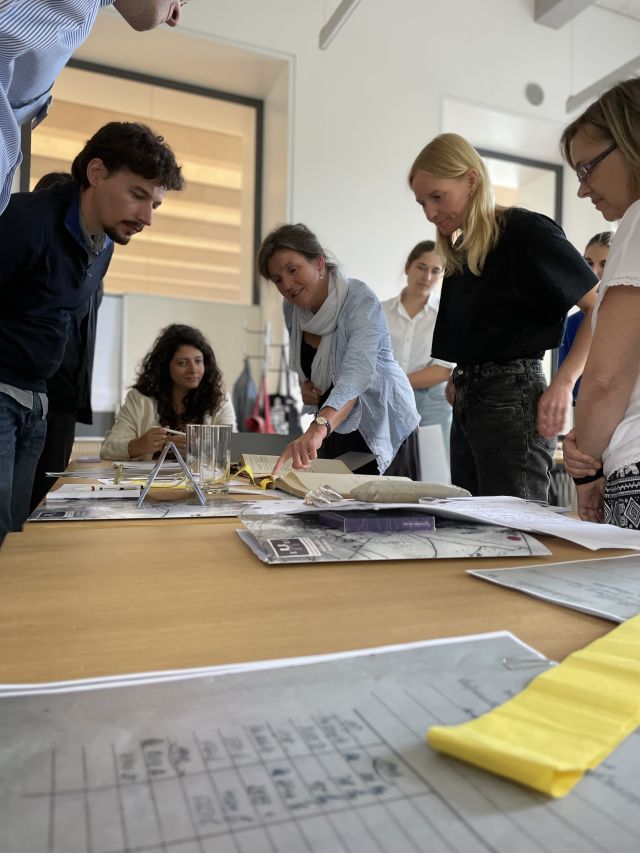
Modern Diplomatics of the Holocaust
Hard work has resulted in our Massive Open Online Course "It Must All be Recorded Without a Single Fact Left Out": The Holocaust through the Perspective of Primary Sources. We know that its release early next year on Coursera is eagerly anticipated. It is one more exciting new step, just like our successful podcast For the Living and the Dead: Traces of the Holocaust has been (it has found listeners in forty-five countries). We are also so pleased to announce that on June 18, 2024, EHRI-3 will organise the academic conference Researching the Holocaust in the Digital Age at the Polish Academy of Sciences in Warsaw, Poland. In 2024, EHRI-3 will wrap up its activities.
Meanwhile, we are hoping to conclude the transformation of EHRI from a series of ad-hoc projects into a permanent organisation. Our goal is to have EHRI-ERIC legally established by the end of 2024 or in early 2025. This is a momentous change that will make sure that EHRI has a long-term future. It will also be a steep learning curve, as it will substantially change the way we work and operate.
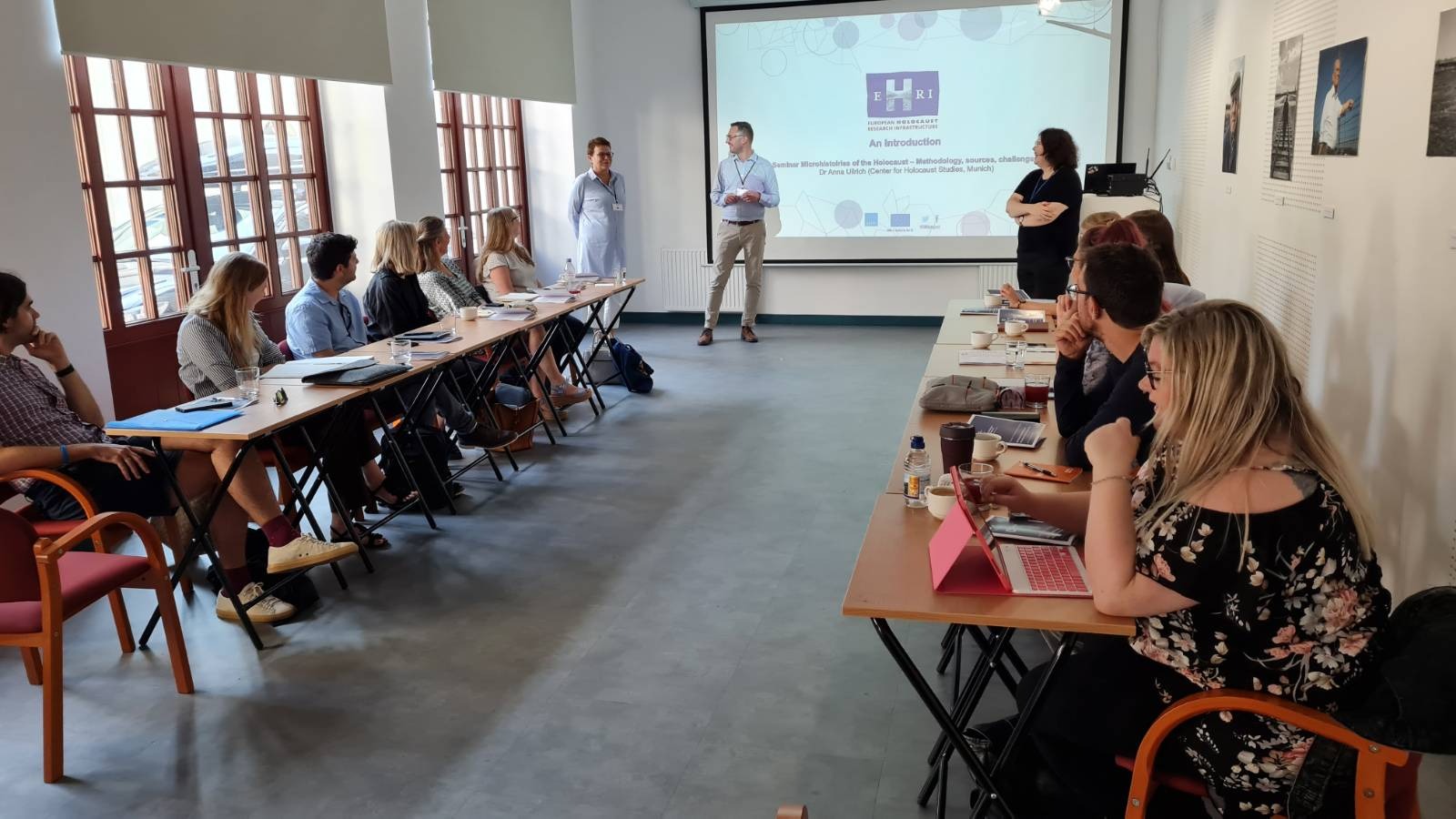
Microhistories of the Holocaust
But while EHRI may look and feel different in the future, our mission will remain the same: to work collaboratively across Europe and beyond to make sure that transnational Holocaust research and documentation continue to thrive now, and in the future.
Finishing EHRI-3 and getting EHRI-ERIC off the ground will entail a lot of hard work, but with the help of all our partners, users and supporters, we are confident that we can achieve it. We will of course keep you informed throughout next year.
In the meantime, we wish you a relaxing festive season and a Happy New Year!
Reto Speck and Karel Berkhoff, EHRI Co-Directors